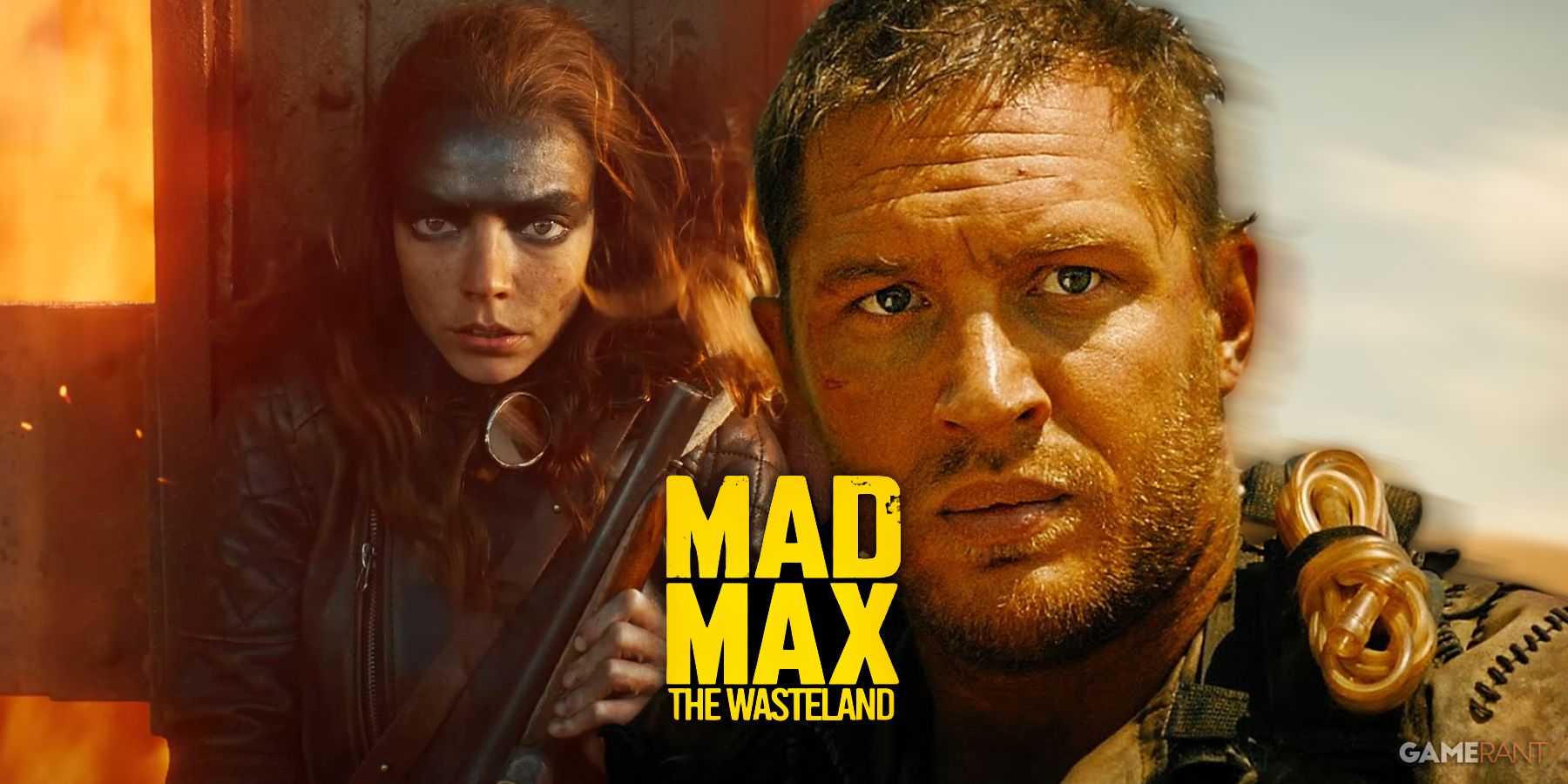The Wedding Date
The Wedding Date is a 2005 romantic comedy film directed by Clare Kilner and based on the novel Asking for Trouble by Elizabeth Young. The movie stars Debra Messing and Dermot Mulroney in the lead roles, with supporting performances from Amy Adams, Jack Davenport, and Sarah Parish. Set against the picturesque backdrop of the English countryside, the film blends humor, romance, and a touch of emotional vulnerability to explore themes of love, insecurity, and second chances.
The story centers on Kat Ellis (played by Debra Messing), a single woman living in New York who is dreading returning home to London for her sister’s wedding. Not only is she expected to face her dysfunctional family, but her ex-fiancé Jeffrey (Jack Davenport), who broke her heart, will also be in attendance—serving as the best man. To avoid embarrassment and to regain a sense of power in the situation, Kat impulsively hires a charming male escort, Nick Mercer (Dermot Mulroney), to pose as her boyfriend during the wedding weekend.
As the weekend unfolds, Nick surprises Kat—and her family—with his sophistication, charm, and insight. He quickly earns the affection of everyone around him, complicating Kat’s initial plan. While Kat originally viewed the arrangement as a means to save face and regain confidence, she begins to develop genuine feelings for Nick, blurring the lines between professional arrangement and personal connection. Meanwhile, buried family secrets and unresolved romantic tensions emerge, leading to moments of conflict and self-reflection.
The chemistry between Messing and Mulroney is one of the film’s strongest elements. Messing brings her signature wit and vulnerability to Kat, while Mulroney exudes calm charisma as Nick. Their growing rapport carries the emotional weight of the film and adds an element of sincerity to what might otherwise be a predictable romantic setup. Amy Adams also delivers a memorable performance as Kat’s sister Amy, whose own relationship story adds depth to the film’s portrayal of love and imperfection.

Visually, the film makes good use of its British countryside setting, with lush garden parties, elegant wedding venues, and cozy family homes adding a romantic and refined aesthetic. The musical score, featuring a blend of contemporary and classic tracks, complements the film’s emotional tone without overpowering the story.
Although The Wedding Date received mixed-to-negative reviews from critics—many citing its formulaic plot and reliance on romantic comedy clichés—it was a modest box office success. Audiences were drawn to its relatable characters and feel-good storyline. Over time, the film has gained a sort of cult following among fans of early 2000s rom-coms, particularly for its “fake dating turned real romance” trope, which has become a favorite within the genre.

In summary, The Wedding Date is a light, charming romantic comedy that explores themes of self-worth, vulnerability, and unexpected love. While it doesn’t reinvent the genre, it offers heartfelt performances and sweet moments that continue to resonate with rom-com lovers. It’s a story that reminds viewers that love often arrives when you stop pretending—and that sometimes, pretending leads you there in the first place.

-1751855413-q80.webp)
